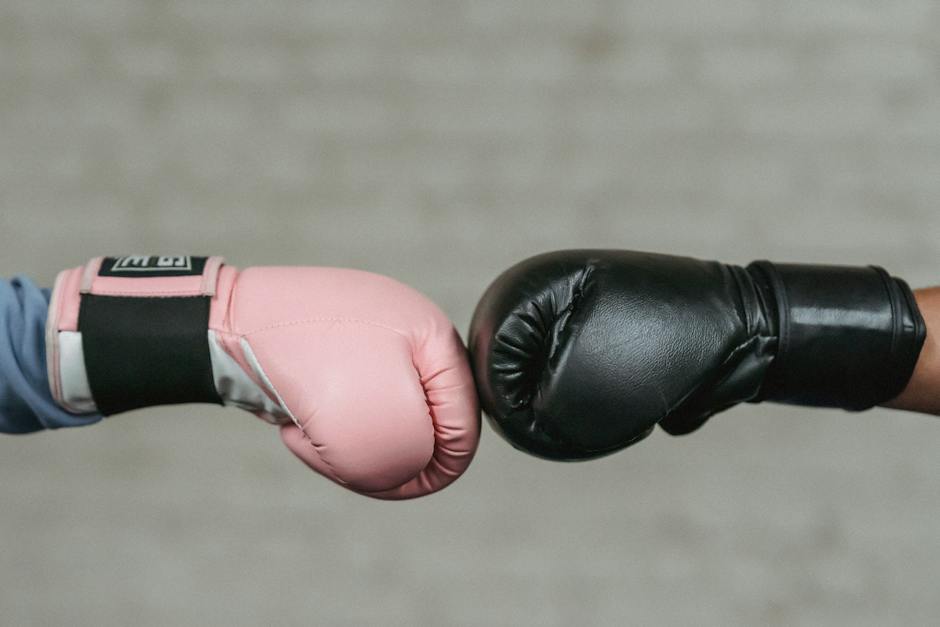At one point or another, we find ourselves in a situation where leaving a social gathering early becomes necessary. How we handle our departure can significantly impact our relationships and the impression we leave behind. The art of excusing ourselves is not just about leaving; it’s about maintaining respect, sincerity, and consideration for others. This guide aims to provide straightforward steps for a graceful exit, ensuring that our need to leave early doesn’t disrupt the harmony of the gathering or our connections with the people involved.
Crafting a Polite Excuse
Crafting the Perfect Excuse to Leave a Social Gathering Early
Sometimes you find yourself at a social event that you need to leave early, and that’s okay! Whether you’re feeling under the weather, have an early morning commitment, or just need some alone time, it’s important to exit gracefully without causing offense. Here’s a simple guide on how to make a polite and believable excuse for ducking out early.
- Be Prepared: Before you even head to the event, think about a valid reason for leaving early. It could be an early start at work the next day, a family commitment, or simply a personal project you’re working on.
- Timing is Key: Choose a moment when your departure will be least disruptive. Ideally, wait for a lull in the conversation or activities. Avoid leaving during a key activity or a meal to ensure your exit is smooth and less noticeable.
- Offer Genuine Thanks: Show your appreciation to the host before you mention leaving. Say something like, “I’ve really enjoyed the evening and am so glad I could be here.” Gratitude makes your departure less abrupt.
- Keep it Simple and Honest: Use your prepared reason but keep it concise to avoid over-explaining or seeming insincere. Something like, “I have an early start tomorrow and need to catch up on some rest,” works well.
- Don’t Overplay it: Avoid creating elaborate stories. Not only are they harder to maintain, but they also run the risk of being found out later, which can harm your credibility and relationships.
- Offer to Reconnect: Soften the blow of your departure by suggesting another meetup. You can say, “Let’s plan another day to catch up properly. I’d love that.”
- Quiet Exit: Say your goodbyes to the host and anyone you’re closely conversing with, but there’s no need to announce your departure to everyone. This prevents drawing too much attention and potentially disrupting the event.
- Follow-up: Send a message the next day to the host, thanking them again for the invitation and reiterating how much you enjoyed the time you spent there. This gesture reinforces your appreciation and offsets any unintended rudeness your early departure might have conveyed.
By following these simple steps, you can exit a social gathering early without seeming rude or insincere. Remember, honesty blended with tactfulness is your best approach to maintaining your relationships while honoring your needs.

Timing Your Departure
How to Excuse Yourself Gracefully From a Gathering
Attending gatherings, whether social or professional, is an integral part of our lives. However, there may come a time during an event when you need to leave earlier than expected. Doing so without causing disruption or offense involves a mix of tact, timing, and expression of gratitude. Here are strategies to ensure your early departure is as smooth as possible, continuing from where we left off.
Inform the Host in Advance
If you already know you’ll need to leave early before you arrive at the gathering, it’s courteous to inform the host ahead of time. A simple heads-up can prevent any surprise or misunderstanding when you start to make your exit. You can say something like, “I’m thrilled to come, but I might have to leave a bit earlier due to [reason]. I hope that’s alright.”
Coordinate Your Timing With Natural Breaks
Timing your departure to coincide with a natural break in the event can minimize disruption. This could be after a meal, before a new activity starts, or when there’s a lull in the conversation. Exiting during these moments makes your departure less conspicuous and maintains the flow of the gathering.
Offer to Help Before Leaving
A gesture of offering help to the host before you leave not only shows your appreciation for their effort but also ensures you part on good terms. It can be as simple as helping to clear the table, offering to take out the trash, or any small task. This act of kindness demonstrates your gratitude and leaves a positive impression.
Do Not Overstay Out of Guilt
It’s essential to listen to your instincts and not overstay out of guilt. If you’ve previously mentioned you would need to leave early, stick to your plan. Prolonging your stay beyond your comfort or necessity might make you anxious and could inadvertently affect the mood of both you and the others.
Use Discreet Methods to Say Goodbye
When it’s time to leave, try to say goodbye discreetly to the host or a few close people instead of announcing your departure to the entire gathering. This method prevents drawing too much attention to your exit and keeps the event’s atmosphere uninterrupted. A simple, “I have to head out, but thank you so much for having me,” suffices.
Reflection on Departure Etiquette
Leaving a gathering early doesn’t have to be awkward or disruptive with the right approach. By choosing an appropriate time, expressing your thanks, and maintaining honesty without elaborate excuses, you can ensure a smooth exit. Remember, the key is to show respect for your host and the effort they’ve put into the event. This considerate approach not only helps in maintaining good relationships but also reflects on your integrity and understanding of social etiquettes. Always leave with a smile, making your last impression as positive as your first.

Expressing Appreciation and Farewells
Addressing the final touches of departure etiquette can transform a simple farewell into a memorable and graceful exit. Here are further suggestions on expressing sincere appreciation and bidding adieu in a manner that leaves a lasting positive impression:
- Personalize Your Gratitude: When expressing thanks, go beyond generic phrases. Mention specific moments or aspects that made the gathering special for you. This could be the warmth of the company, the delicious food, or the lively conversation. Personalizing your appreciation shows genuine acknowledgment of the host’s efforts.
- Handwritten Notes Are Golden: In an age dominated by digital communication, a handwritten thank-you note stands out. Jot down a few heartfelt lines expressing how much you enjoyed the event and the company. It’s a charming and thoughtful gesture that hosts cherish.
- Gifts That Speak: If the occasion or closeness to the host warrants it, consider a parting gift. It doesn’t have to be extravagant. A simple bouquet, a book you believe they’ll love, or a gourmet treat reflects thoughtfulness and extends your gratitude beyond words.
- Public Acknowledgement: If the farewell is at a public or professional gathering, acknowledging the host or organizer publicly can be a gracious move. A brief mention or toast praising their hard work and hospitality can be a splendid gesture, amplifying your appreciation in front of others.
- Embrace the Digital Appreciation Follow-Up: In addition to a handwritten note, a follow-up message through email or social media can also be significant. A photo from the event with a caption expressing your enjoyment can reinforce your gratitude and keep the connection alive.
- Craft a Meaningful Goodbye: When it’s time to say goodbye, do so warmly and sincerely. A genuine smile, a firm handshake, or a hug (where appropriate) can convey your appreciation more deeply than words. Let them know that their efforts made a difference to your experience.
- Be Present: In the moments leading to your departure, give your undivided attention to the host and the guests. Being fully present, listening intently, and engaging demonstrates that you value their company and the time spent together.
- Acknowledge Everyone Involved: If the event was orchestrated by multiple people, ensure you extend your appreciation to everyone who contributed. Acknowledging the efforts of all showcases your observant and considerate nature.
- Leave Positively: Even if the event didn’t meet your expectations, find something positive to say. Focusing on the good aspects reflects your optimism and graciousness, making your departure pleasant.
- Reflect and Learn: After you’ve left, reflect on what went well and what could be improved for future social gatherings. Continuous improvement in how we express appreciation and say our farewells can enrich our personal interactions and deepen our connections.
By implementing these strategies, your farewells will not just be a matter of formality, but a genuine expression of gratitude that enhances relationships and leaves a lasting positive impact on both you and your host.

Mastering the art of a polite and considerate farewell is not just about ending an evening; it’s about nurturing and respecting our relationships. Every gathering offers a chance to demonstrate our appreciation for the host and fellow guests. By implementing these thoughtful gestures and expressing our gratitude genuinely, we strengthen our bonds and leave a positive, lasting impression. Remember, it’s the respect and kindness we show in these moments that truly enrich and deepen our connections with others. Let’s leave every gathering not just with a goodbye, but with a gracious thank you that resonates with warmth and sincerity.


Recent Comments